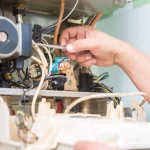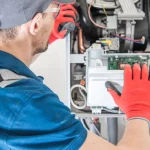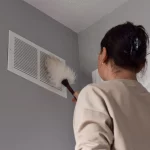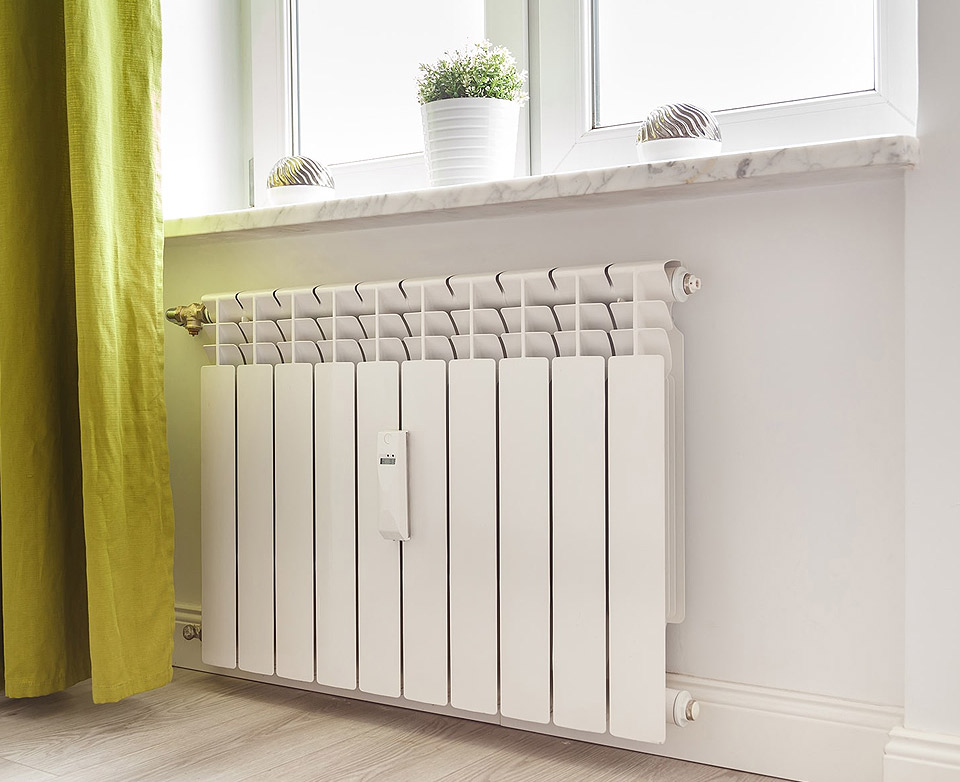Energy-Efficient HVAC Solutions for Lower Utility Bills
Reducing energy consumption and lowering utility bills are common goals for homeowners. Energy-efficient HVAC solutions can help achieve these objectives while maintaining comfort. Here are some strategies and technologies to consider:
1. Upgrade to a High-Efficiency HVAC System:
- Invest in a modern, high-efficiency HVAC system with a high SEER (Seasonal Energy Efficiency Ratio) rating for cooling and a high AFUE (Annual Fuel Utilization Efficiency) rating for heating.
- Consider heat pumps, which provide both heating and cooling in an energy-efficient manner.
2. Regular Maintenance:
- Schedule annual maintenance for your HVAC system to ensure it operates efficiently.
- Replace or clean air filters regularly to maintain optimal airflow.
3. Programmable Thermostats:
- Install a programmable or smart thermostat to control your HVAC system’s settings based on your daily and weekly routines.
- Set temperatures lower in winter and higher in summer when you’re not at home.
4. Zoning Systems:
- Implement zoning systems to heat or cool specific areas of your home independently. This can reduce energy consumption by avoiding conditioning unused spaces.
5. Air Sealing and Insulation:
- Properly seal and insulate your home to prevent drafts and heat loss.
- Seal gaps and cracks in windows, doors, and walls.
- Upgrade insulation in attics and walls to improve thermal efficiency.
6. Duct Sealing and Insulation:
- Seal and insulate ductwork to prevent air leaks and heat transfer.
- Duct sealing can significantly improve HVAC system efficiency.
7. Window Upgrades:
- Consider energy-efficient windows with low-E coatings and double or triple glazing to reduce heat transfer.
- Install window coverings like blinds or curtains to block out heat in summer and retain warmth in winter.
8. Proper Ventilation:
- Ensure your home has proper ventilation to maintain indoor air quality while controlling energy loss.
- Use exhaust fans in kitchens and bathrooms only when necessary.
9. Efficient Lighting and Appliances:
- Replace incandescent bulbs with LED or CFL lighting.
- Choose Energy Star-rated appliances for your home, including refrigerators, dishwashers, and washing machines.
10. Shade and Landscaping:
- Plant trees or install shading devices like awnings or pergolas to block direct sunlight from heating your home in the summer.
- Design your landscape to provide natural windbreaks in the winter to reduce heating demands.
11. Regular System Checks:
- Routinely inspect your HVAC system for leaks, worn-out components, or signs of inefficiency.
- Keep the condenser unit clean and free of debris.
12. Energy Audits:
- Consider a professional energy audit to identify specific areas of energy waste in your home.
- Implement recommendations from the audit to improve energy efficiency.
13. Solar Panels:
- If feasible, install solar panels to generate your own electricity and reduce your dependence on the grid.
14. Heat Recovery Ventilation (HRV):
- Use HRV systems to recover heat from stale exhaust air and transfer it to incoming fresh air, improving indoor air quality without energy loss.
15. Energy-Efficient Water Heating:
- Upgrade to an energy-efficient water heater, such as a tankless or heat pump water heater, to reduce hot water energy consumption.
Implementing these energy-efficient HVAC solutions and lifestyle changes can help lower utility bills while maintaining a comfortable living environment. Keep in mind that some improvements may require an upfront investment but can yield long-term savings. Consult with an HVAC professional and energy experts for personalized advice tailored to your home’s specific needs.










